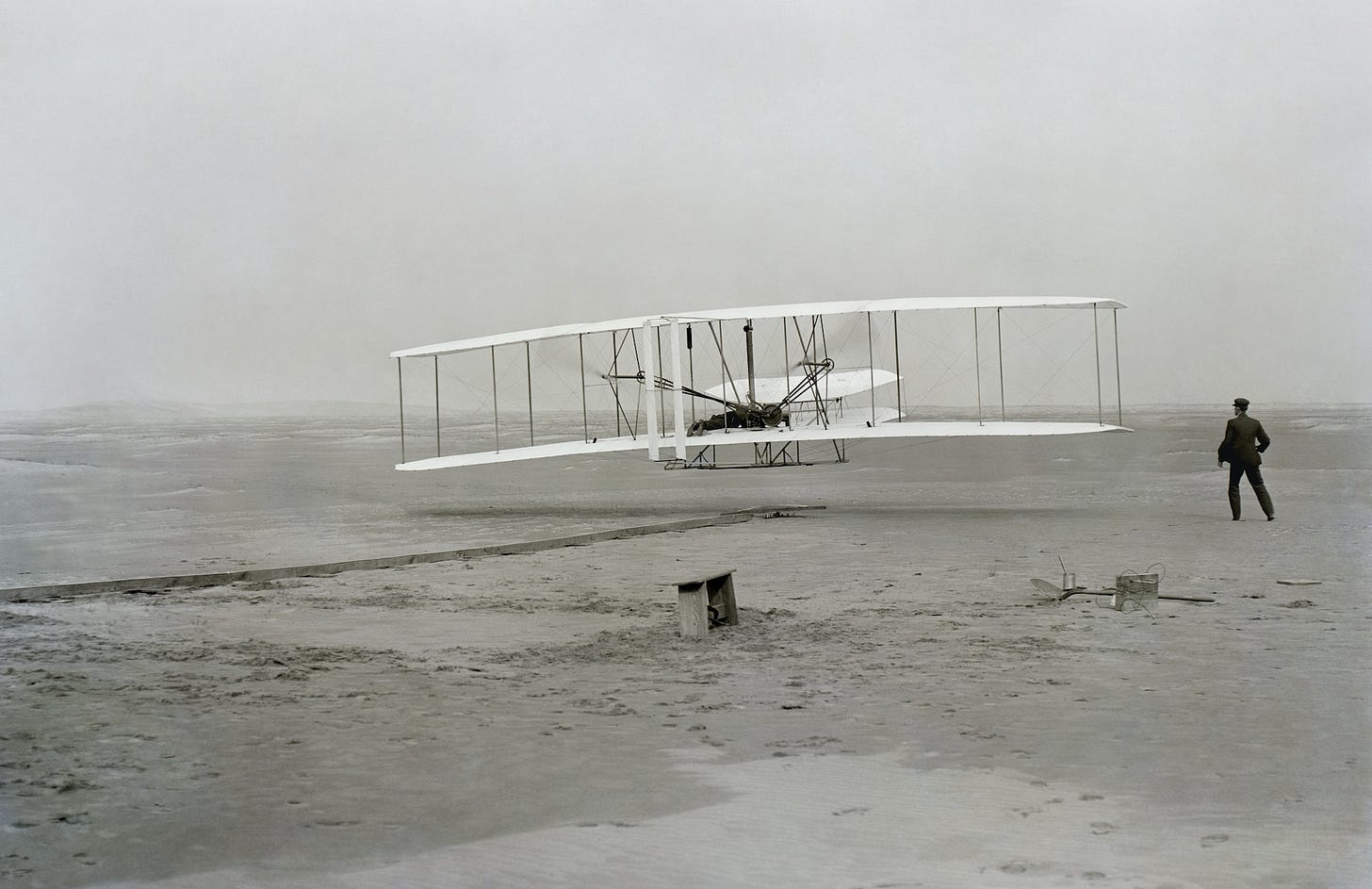My 12 Favorite "Problems"

These are my 12 favorite problems. At the moment they are questions not problem statements. I’m having a hard time drafting problem statements, both at work and in my writing. Especially for this piece. I think this is a great exercise and I think a great starting point is to draft and narrow and then draft or add to a list of questions that are currently top of mind and especially if they’ve been top of mind for a long time.
The exercise is inspired by physicist Richard Feynman. He’s quoted as saying
You have to keep a dozen of your favorite problems constantly present in your mind, although by and large they will lay in a dormant state. Every time you hear a new trick or a new result, test it against each of your twelve problems to see whether it helps. Every once in a while, there will be a hit, and people will say, ‘How did he do it? He must be a genius!
I’ve read this quote several times around the internet for this piece but just now I found myself wondering what problems Dr F focused on. In the letter he wrote that the quote above is taken from he writes
I have worked on innumerable problems that you would call humble, but which I enjoyed and felt very good about because I sometimes could partially succeed. For example, experiments on the coefficient of friction on highly polished surfaces, to try to learn something about how friction worked (failure). Or, how elastic properties of crystals depend on the forces between the atoms in them, or how to make electroplated metal stick to plastic objects (like radio knobs). Or, how neutrons diffuse out of Uranium. Or, the reflection of electromagnetic waves from films coating glass. The development of shock waves in explosions. The design of a neutron counter. Why some elements capture electrons from the L-orbits, but not the K-orbits. General theory of how to fold paper to make a certain type of child’s toy (called flexagons). The energy levels in the light nuclei. The theory of turbulence (I have spent several years on it without success). Plus all the “grander” problems of quantum theory.
It is so cool to read these, because I am not a physicist. His problems, in contrast to my, we’ll say, themes, for now, are quite different. He says to Koichi
The worthwhile problems are the ones you can really solve or help solve, the ones you can really contribute something to.
What problems do I feel like I can help solve? Especially when these are problems that don’t relate as neatly to mathematics, but are instead more social? I’ll have to take that into consideration for my next draft.
My last reflection on these Feynman quotes is that articulating them really does help me begin to focus. I can start to use them as a filter for which information to take in and what to write about or work on. In a later post I plan to rearticulate them as problems. First I have to work on writing (which is based on my thinking) problem statements. For now here are my 12 favorite questions at this snapshot in time.
What causes personal, group, organizational and/or social change? Especially change that sticks? #change
How might I balance flow with authentic to me supplydemand? #flow
How might I design learning experiences that result in profound and lasting learning? #learningexperiencedesign
How might I build an organization in the most enlightened way possible for the most enlightened reasons? #reinventingorgs #orgpsyche #orgdesign
How might I set up something that runs and governs itself and benefits from that self governance as a result? #crypto #daos #future
How might I transform the human systems around me to be the best possible versions of themselves? #selfimprovement #continuousimprovement
How might I meet parts of myself and others with never ending compassion? #compassion #ifs #partswork
How might I think from first principles rather than blowing with the wind? #firstprinciples
How might I express myself more authentically? #authenticity
What are ways I might view my life against a broader, more fascinating backdrop? #journeying #adventure #meaning #theherosjourney
How might I digest and really internalize what I read? #internalizing #learning #lastinglearning
What role might literature play in growing leaders? Designing aligned AI? #literature #designinglearningexperiences #future

